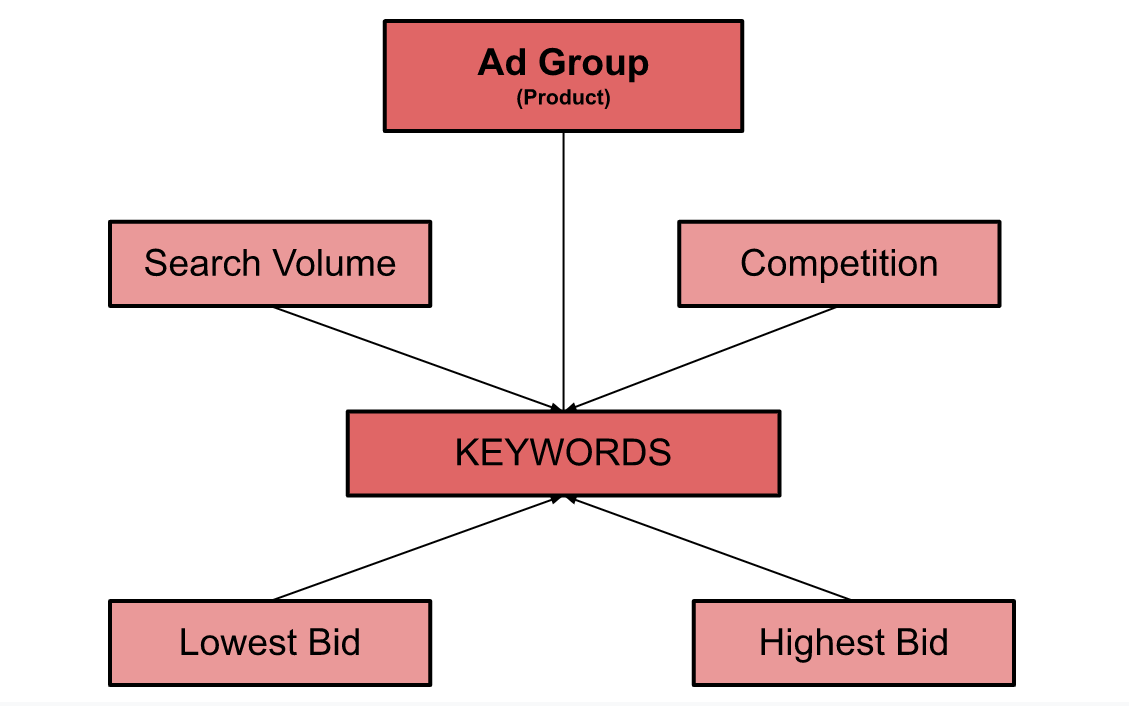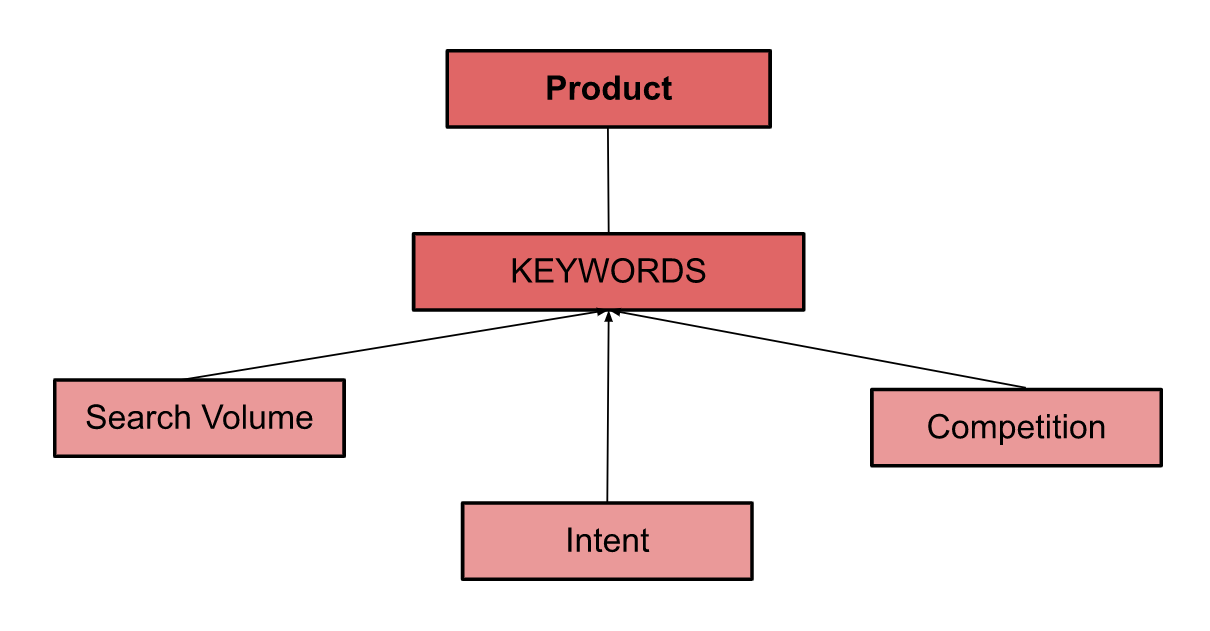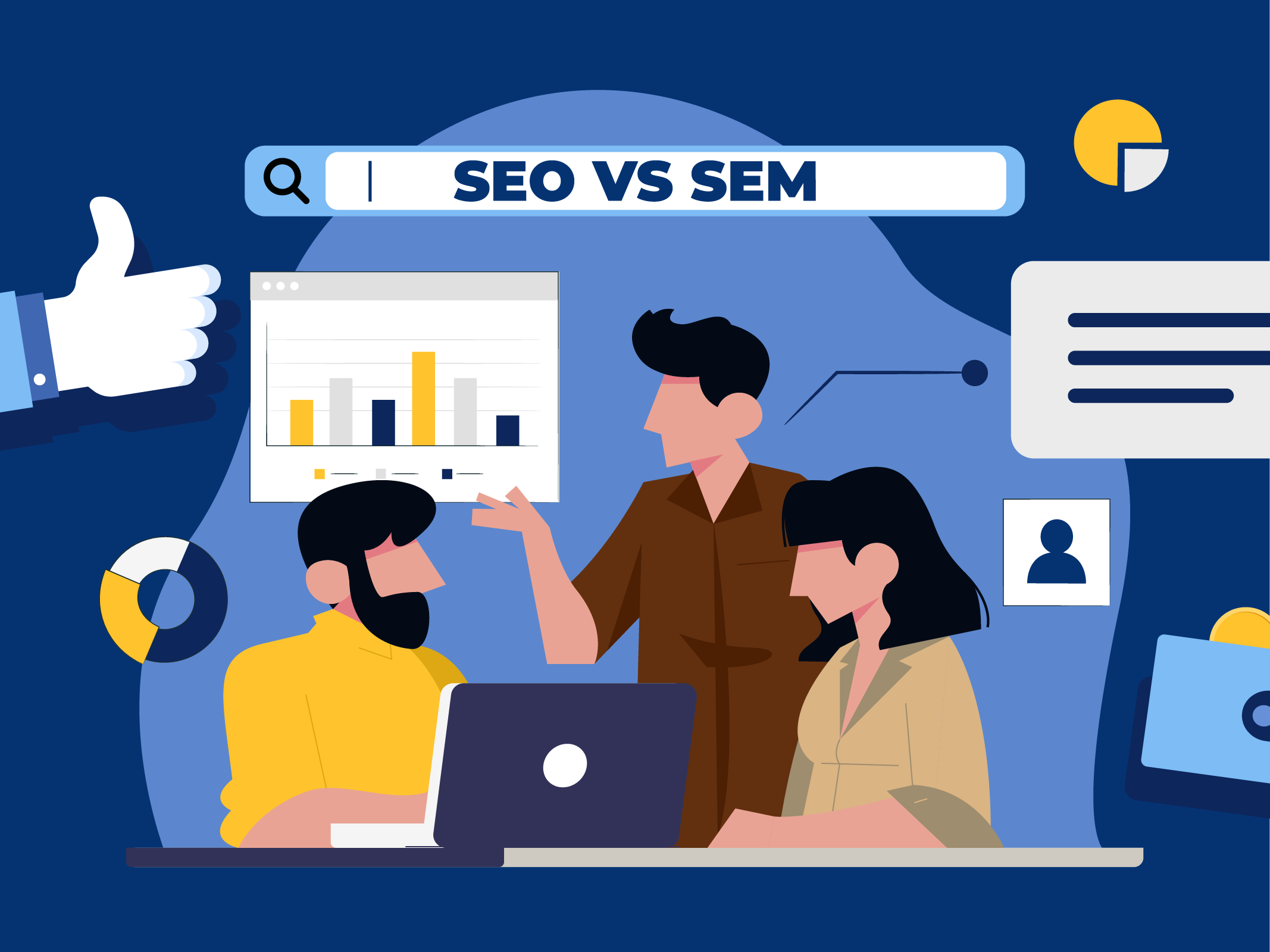SEO vs SEM: Choosing the Right Approach for Your Business
Whether you run a small business or a big one, a good marketing strategy is never cheap. You have to put money into putting your brand out there, making its name known, and convincing people to buy what you’re selling. The real-world problem is not a lot of people can afford it.
This problem becomes more complicated knowing that spending big money on marketing doesn’t always equate to good results. Some entrepreneurs with a bigger marketing budget would think that having multiple channels to advertise their business would mean higher chances of winning.
However, using your budget wisely for marketing is what any logical entrepreneur would do. This means only choosing the channels and strategies that best fit your business model and marketing needs.
What about SEO and SEM?
Digital marketing is a good marketing strategy because it can meet expectations in terms of effectiveness and cost flexibility. And when it comes to digital marketing, SEM and SEO are arguably the best options you have.
Search Engine Marketing (SEM) and Search Engine Optimization (SEO) are both very popular among modern marketers. This is mainly because the search engine giant, Google, remains to be the most used and visited website today. According to Oberlo, Google gets over 89.3 billion visits worldwide in just one month.
This overwhelming number just shows how popular Google is for people around the world. Consequently, it has become a powerful platform for businesses and marketers to reach a broader audience.
While both operate in search engines, SEM and SEO have stark differences. And if you’re wondering which one you should use for your business, here’s what you need to know:
Keywords
Keywords are the common ground for both SEO and SEM. Since both strategies work in search engines, they cater to what people are searching online to be visible.
Keywords: SEM
For SEM, the keywords that are usually used in campaigns are based on two things: search volume and bidding cost. When using keywords for platforms like Google Ads, it’s important to use those that have a high demand in terms of search queries and those whose cost is within your budget.
Keywords with a higher cost are more competitive in keyword usage and bidding. Since you will be paying per click in SEM campaigns, bidding for the right keywords is important to get your desired conversions.
Keywords in SEM are also categorized per ad group. Ad groups are used to represent the specific product that you’re selling. So, if you’re selling multiple products, it’s best to have multiple ad groups for each one and then select the keywords that best represent your product for each category for variation.

Keywords: SEO
For SEO, searchability is one of the most important factors to consider in starting a solid SEO strategy. You wanna make sure that enough people are searching for your chosen keywords to give you the visibility you need for your website.
Another element you should look into in choosing keywords is the search intent. This just means that you have to put yourself in your target market’s shoes and think of what queries they might be using on Google’s search box.
If you’re running an e-commerce website, you should be gunning for ranking for transactional keywords. You can read more about search intent here so you can understand which types of keywords would best suit to represent your website, your business, and the content you want your visitors to see.

Optimizations
Optimizations: SEM
For SEM, optimizations are commonly made based on factors like budget and how you want to present your ads. SEM is all about making your ads relevant and eye-catching for users to engage with. So, your goals are to make your ads show up on top of the search results AND get people to click them.
To optimize your SEM ads, you need to have engaging headlines, trust-worthy descriptions, and informative extensions – these include images, pricing, call extensions, and other product details a buyer should know about.
Here’s an example of our optimized ad on Google search results page (SERP):

The headlines I’m using for SEO Hacker’s ads, just like what’s shown above, are direct and simple. The description shows why we are good because we are, in fact, ranking number 1 among all the SEO agencies in the Philippines for the keyword seo philippines. Lastly, from our ads, the visitor is just a click away from our offerings, free website audit tool, and client testimonials. This gives them the most amount of information with just a few clicks.
Optimizations: SEO
SEO requires similar optimizations to SEM, but it would require much more effort and strategic thinking to make it effective. How your webpage shows in the SERPs is also important because it contributes to its clickability.
The thing with SEO is aside from considering how users see your page in the search results, you should also take note of how Google crawls and understands your website.
Google continuously refines its ranking factor through algorithm changes, but some factors are fundamental standards for optimization. These include a bunch of technical factors including your meta tags such as the slug, title tag, and meta description.

On top of the technical health of your website, Google also looks at the quality of your content and your off-page status to rank well. This means that you have to have content that utilizes your keyword in a way that you’re giving the information the users need.
Here’s an example of how we do it for the same keyword – seo philippines:

Aside from the content, your website should also have to be visible and linked to other websites to establish authority.
Therefore, the approach in SEO is more holistic and definitely requires more work. Authority, insightfulness, and user-friendliness are the major factors that help you rank in SERPs, so be prepared to go the extra mile if you’re starting with an SEO campaign.
Results
Results: SEM
Any business that wants an instant result from their marketing efforts would choose to do SEM rather than SEO. SEM ranks your website on the first page of search engines as soon as you start running your campaign. If your ads are optimized well, you can also get a good number of conversions from your website.
What’s important to note for SEM is that your rankings will be gone as soon as your campaign is over or you run out of budget because you are basically paying for your slot at the top of the search results.
Results: SEO
SEO does the opposite. SEO is a marathon and not a sprint. It takes months or even years for new businesses to see results from it and make their website rank high in search engines like Google. This is because you’re doing it organically.
If you’re thinking long-term, SEO is gonna give you a better outcome. If you constantly build content and keep your SEO factors in check, you will see your website dominating the search results for a lot of keywords relevant to your industry.
This means that brand awareness, credibility, and online presence are being established slowly but surely all at the same time, not only for users but for Google as well.
Key Takeaway
SEO and SEM are two different digital marketing strategies that require different efforts to improve. While SEM is better for paid traffic and instant results, SEO is best for organic traffic and long-term recurring visitors, leads, and sales.
Both are going to get you to the same place, but one might be better suited for your marketing and business needs.
If you’re interested in one over the other, keep in mind that both are very important. Choosing only one between the two because of budget constraints is normal. But, combining both strategies is actually possible and would give you the best outcomes in terms of traffic, engagement, and most importantly, conversion.
Here’s an article to read to help you get the most out of your SEO and SEM strategy.
So which of these have you tried? SEO or SEM? Or both? Share your experiences in the comments section below!
